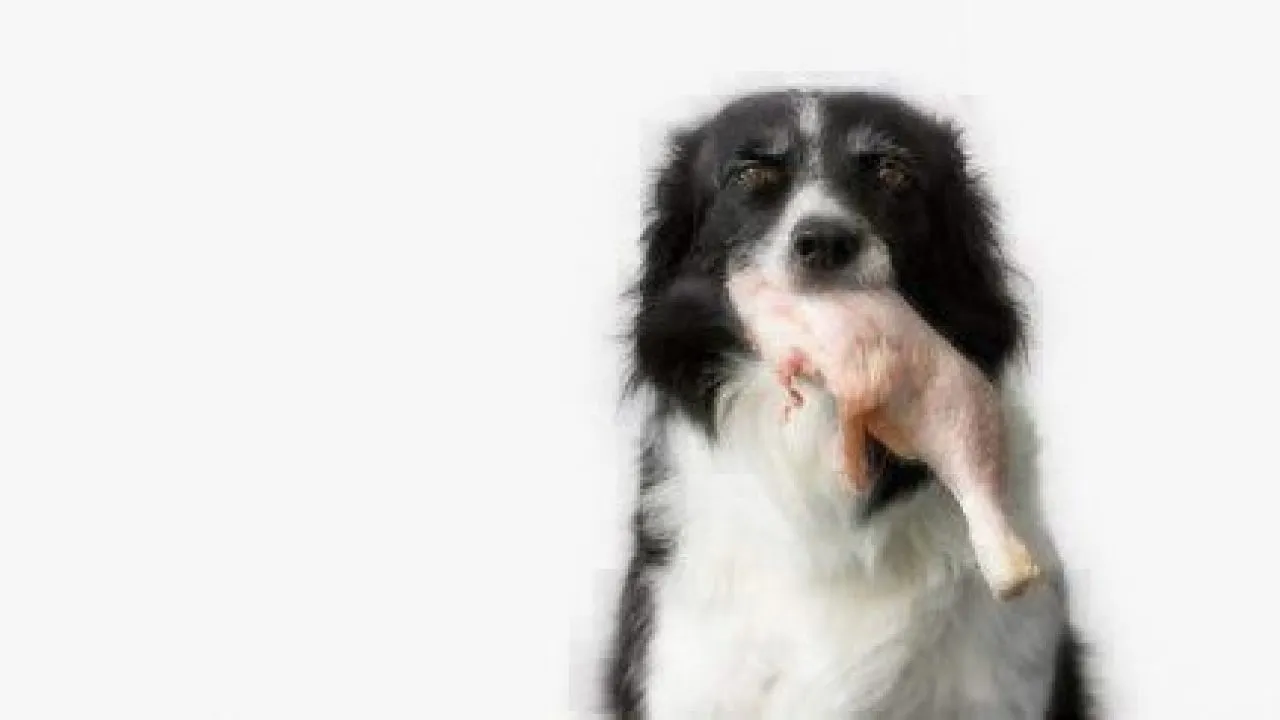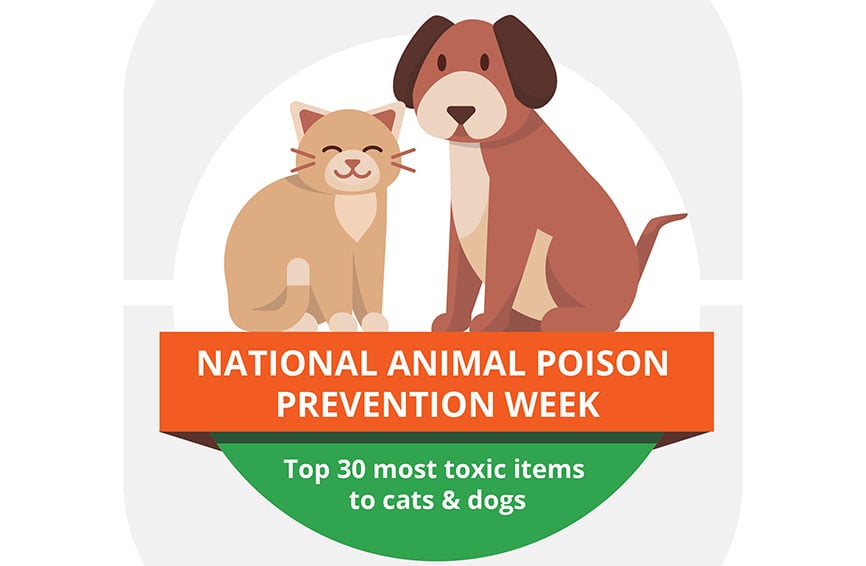Key Takeaways
- Yes, chicken is safe for dogs and a primary ingredient in many dog foods.
- Chicken is a good source of protein for dogs and also omega-6 fatty acids.
- Do not give your dog raw chicken due to the risk of bacterial infections.
- Chicken for dogs should be cooked without any onions, garlic, or seasoning.
- Some dogs are allergic to chicken and get an upset tummy from eating it.
You’ve probably noticed that chicken is a primary dog food ingredient, and that’s because it’s a safe source of protein that dogs find to be very tasty. So yes, dogs can eat chicken. In fact, if your dog has suffered from stomach upset, toxicity or allergies, chances are you’ve already turned to the bland (boiled-chicken-and-rice) diet.
Benefits
Chicken is a great source of protein which provides dogs with lots of energy. It’s also a good source of Omega 6 fatty acids which are good for the skin and coat, and has essential amino acids and glucosamine for healthy bones.
Hazards
Just like with humans, do not give your dog raw chicken from the grocery store due to the risk of salmonella or bacterial infections. If you are a raw food enthusiast however, chicken prepared by raw food companies will have gone through special steps to prevent disease and infection. Chicken that you prepare at home should be fully cooked without any seasoning, onions or garlic, and cooking methods can include roasting, poaching, grilling or baking. Chicken makes a great protein base for those that make their own dog food and, depending on the supplier, it can be a sustainable option for dog food.
Take note of the following before giving your pup the bird:
- Some dogs are allergic to chicken; it’s actually the third most popular food allergy among canines.
- No bones! Cook boneless chicken, or remove the bone as cooked chicken bones splinter easily and can puncture the stomach and intestines, or even cause choking.
- For the healthiest (and least likely to upset the tummy) choice, use lean breast meat with excess fat and skin removed. Vets caution against dogs eating extremely rich, fatty foods (such as dark meat or the drumstick) because it can lead to pancreatitis, a painful condition where the pancreas becomes inflamed and swollen. Pancreatitis can be very serious; symptoms include vomiting, diarrhea and loss of appetite.
These guidelines go for all poultry – during the holidays, lots of pet parents have questions about turkey (which is a great protein for dogs) and turkey bones (which are not recommended).
If you’re not sure what to share, Healthy Paws has a great list of foods that are safe and not safe for dogs.








